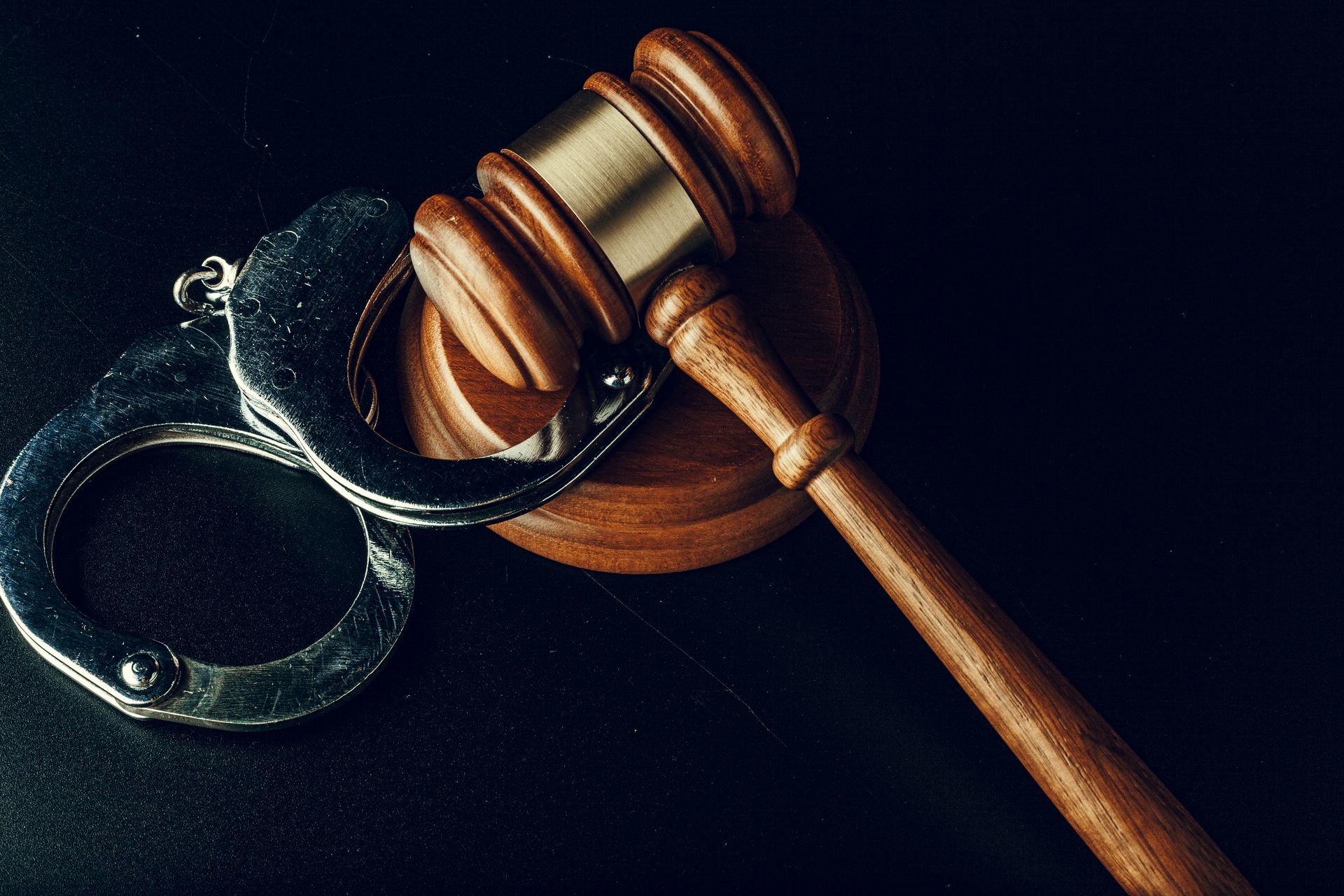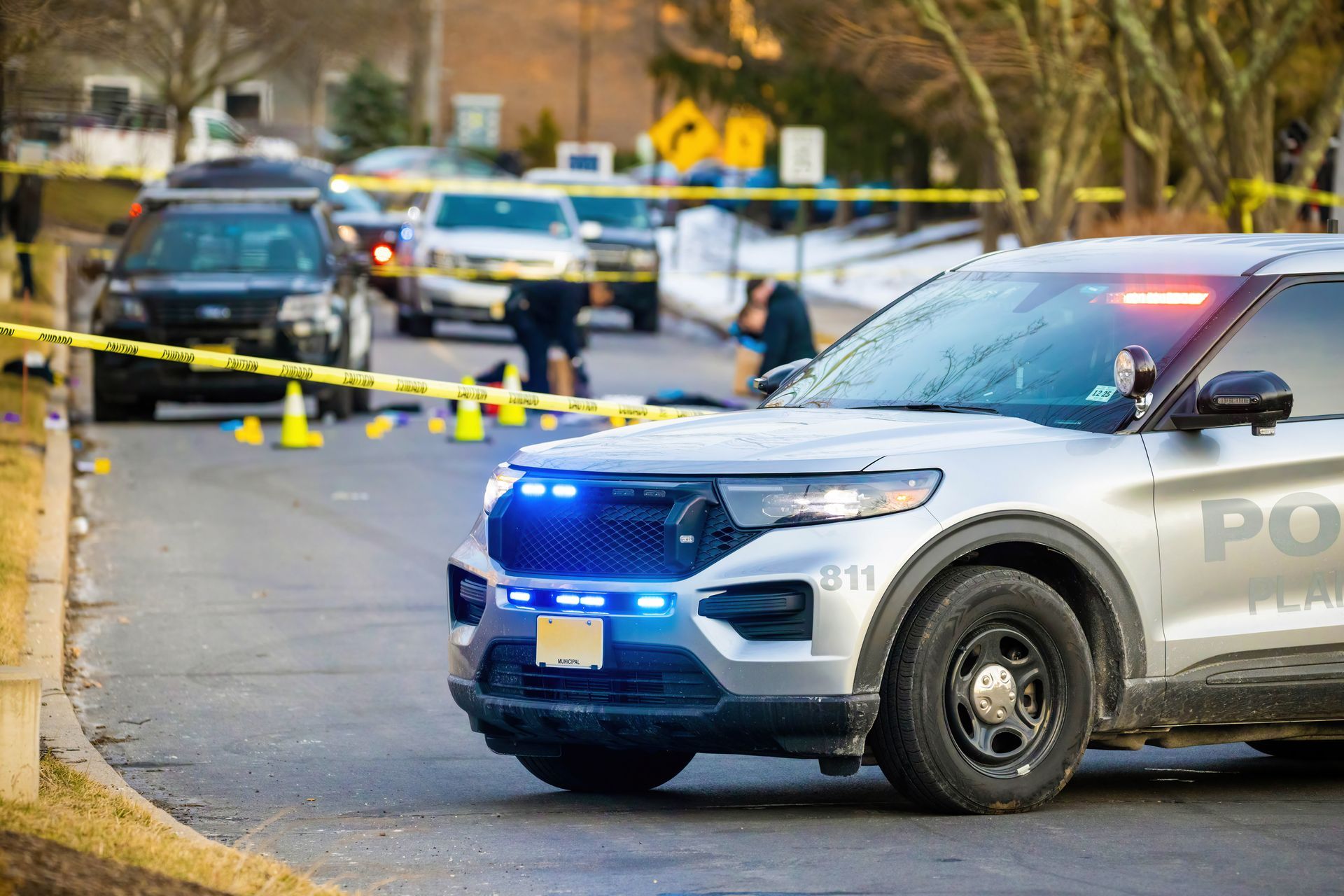Don't Call Christina Later, Call Christina Now
Follow us
What is Manslaughter and How Does It Differ From Murder?
Viewer Discretion Advised
The content in this article discusses sensitive topics related to legal cases involving manslaughter and accidental death. Please be aware that some of the details and descriptions may be distressing or disturbing. Reader discretion is recommended.
Viewer Discretion Advised
The content in this article discusses sensitive topics related to legal cases involving manslaughter and accidental death. Please be aware that some of the details and descriptions may be distressing or disturbing. Reader discretion is recommended.
Understanding the Key Differences Between Manslaughter and Murder: Legal Definitions and Implications
When a person dies because of someone else’s actions, the law needs to figure out if the death was an accident or caused on purpose. Two charges that can be brought are manslaughter and murder, and while both involve taking someone’s life, they’re very different. In this blog, we’ll explain what manslaughter is, how it differs from murder, and why understanding these differences matters.
Nature's Symphony
Nature's Symphony
What is Manslaughter?
Manslaughter happens when someone causes another person’s death, but without planning to do so. This could happen because the person acted in the heat of the moment or made a careless decision.
There are two types of manslaughter:
What is Manslaughter?
Manslaughter happens when someone causes another person’s death, but without planning to do so.
This could happen because the person acted in the heat of the moment or made a careless decision.
There are two types of manslaughter:
Voluntary Manslaughter
This happens when someone kills another person because of strong emotions, like anger or fear. They didn’t plan to kill, but something triggered them to react quickly.
Involuntary Manslaughter
This is when someone unintentionally causes another person’s death, usually because of reckless or careless behavior. They didn’t mean for anyone to die, but their actions were dangerous.
What is Murder?
Murder is much more serious than manslaughter. It happens when someone intentionally kills another person, meaning they planned or meant to cause the death.
There are two main types of murder:
First-Degree Murder: This is when someone plans to kill another person. It involves thinking about the killing ahead of time and carrying out the act intentionally.
Second-Degree Murder: This is when someone intentionally kills someone, but without planning it out beforehand. It may happen in the heat of the moment or because the person was acting carelessly.

First-Degree Murder: This is when someone plans to kill another person. It involves thinking about the killing ahead of time and carrying out the act intentionally.
Second-Degree Murder: This is when someone intentionally kills someone, but without planning it out beforehand. It may happen in the heat of the moment or because the person was acting carelessly.

Key Differences Between Manslaughter and Murder
The biggest difference between manslaughter and murder is intent. Murder requires the intent to kill, while manslaughter happens when someone kills, but without meaning to.
Here’s a breakdown:

- Intent: Murder involves intentionally killing someone. Manslaughter happens when there’s no intent to kill.
- Premeditation: In murder, the person usually plans to kill, but in manslaughter, it happens more suddenly without thinking ahead.
- Punishment: Murder usually comes with much harsher penalties than manslaughter. Murder charges can lead to long prison sentences, while manslaughter charges can carry a lighter sentence, though still serious.
Examples of Manslaughter vs. Murder
To understand better, let’s look at some examples of both manslaughter and murder:

Voluntary Manslaughter: Imagine someone comes home to find their partner cheating. In a fit of rage, they kill the person. This would be voluntary manslaughter, because it happened in a burst of emotion, not planned out.
Involuntary Manslaughter: A driver speeds through a red light and crashes into another car, killing someone. They didn’t mean to kill anyone, but they were being reckless. This is involuntary manslaughter.
First-Degree Murder: Someone plans to kill their boss because of an argument. They think about it for weeks and finally do it. This is first-degree murder because it was premeditated.
Second-Degree Murder: A person gets into a fight at a party and, in the heat of the moment, kills the other person. This is second-degree murder because it was intentional but not planned.
Voluntary Manslaughter: Imagine someone comes home to find their partner cheating. In a fit of rage, they kill the person. This would be voluntary manslaughter, because it happened in a burst of emotion, not planned out.
Involuntary Manslaughter: A driver speeds through a red light and crashes into another car, killing someone. They didn’t mean to kill anyone, but they were being reckless. This is involuntary manslaughter.
First-Degree Murder: Someone plans to kill their boss because of an argument. They think about it for weeks and finally do it. This is first-degree murder because it was premeditated.
Second-Degree Murder: A person gets into a fight at a party and, in the heat of the moment, kills the other person. This is second-degree murder because it was intentional but not planned.

Defenses to Manslaughter and Murder Charges
If someone is charged with manslaughter or murder, they can use certain defenses to argue their case.
Some of the most common defenses include:
Self-Defense
If someone killed in self-defense, they may not be found guilty.
Insanity Defense
A person might argue that they were not mentally stable at the time and didn’t understand what they were doing.
Accident
Sometimes in manslaughter cases, the defendant may claim the death was an accident and not their fault.
Manslaughter and murder both involve a death, but the key difference is intent. Murder happens when someone intentionally kills another person, while manslaughter happens when someone unintentionally causes a death, often because of reckless or emotional actions. Understanding these differences is important because they affect the charges, penalties, and the legal process.
If you or someone you know is facing manslaughter or murder charges, it’s important to speak with a professional who can help. Contact us today for support and guidance as you navigate through this serious situation.
Quick & Reliable
We are available 24/7 to Guide You to Better Health.
CALL CHRISTINA NOW is here to help 24 hours a day, 7 days a week, offering free and compassionate support. When you call us, we'll listen to your concerns, understand the specifics of your accident, help you find medical care for your injuries, and connect you with a professional who can advise you on the legal aspects of your situation.
CALL CHRISTINA NOW specializes in assisting with Lawyer and Medical Accident matters. If you've been in a car, motorcycle, or truck accident—or any other kind of accident—contact us today for trustworthy support.
DISCLAIMER:
CALL CHISTINA NOW isn't a law firm and can't provide legal advice, but we can refer you to the right attorney who can.
All Rights Reserved | Call Christina Now
Copyright © Call Christina Now Offers All Rights Reserved 2025
View Our Privacy Policy | Terms & Conditions | Disclaimer

